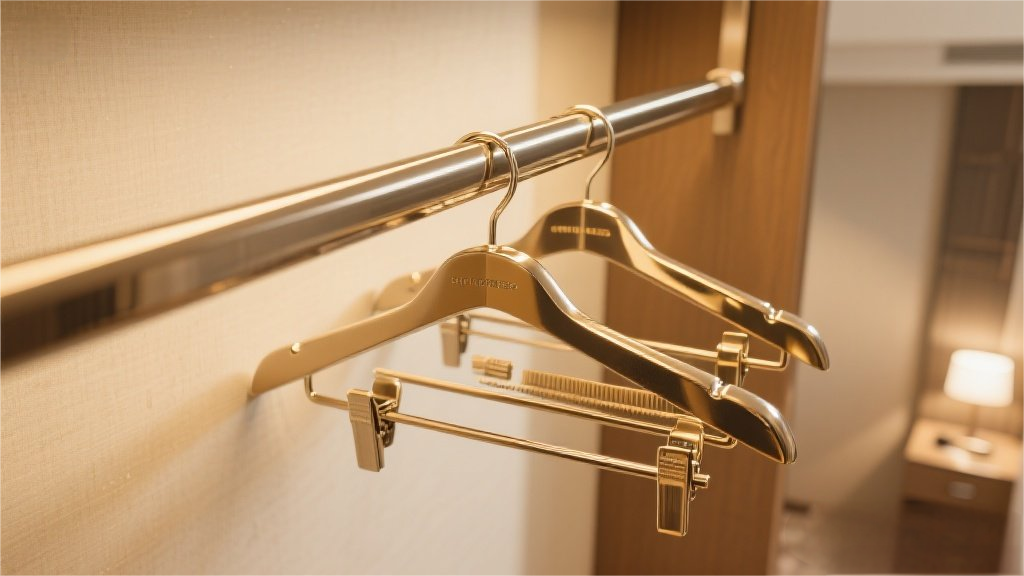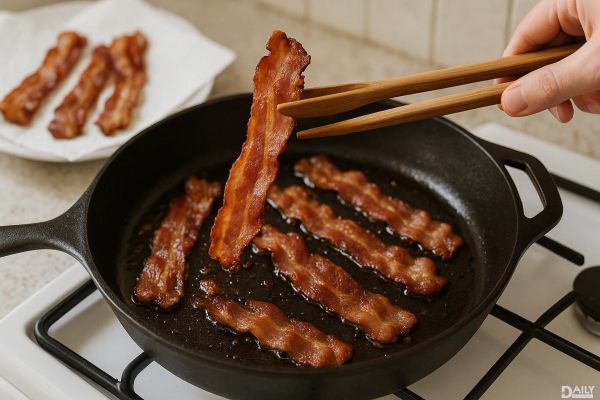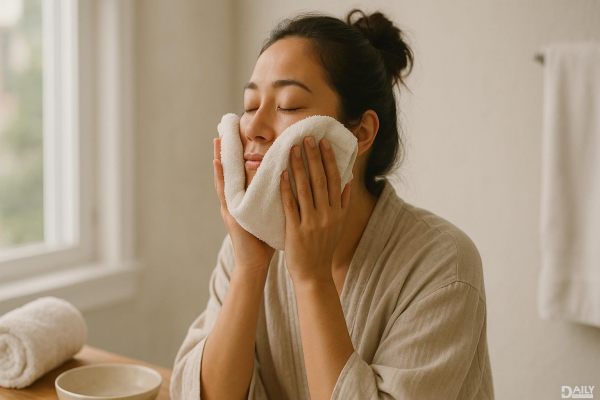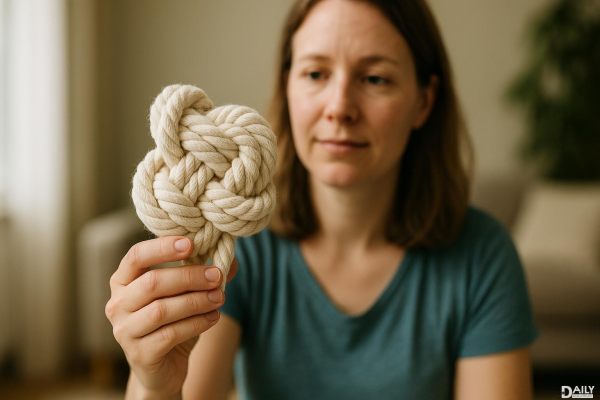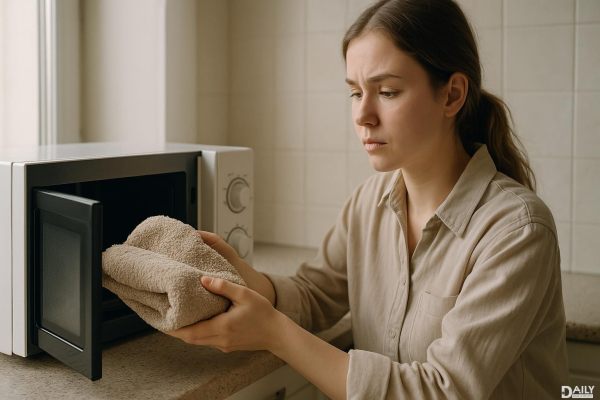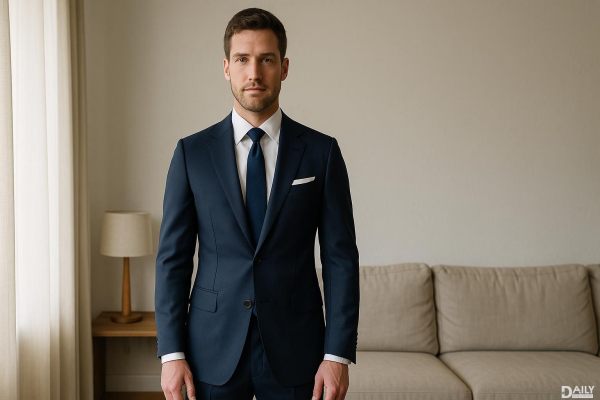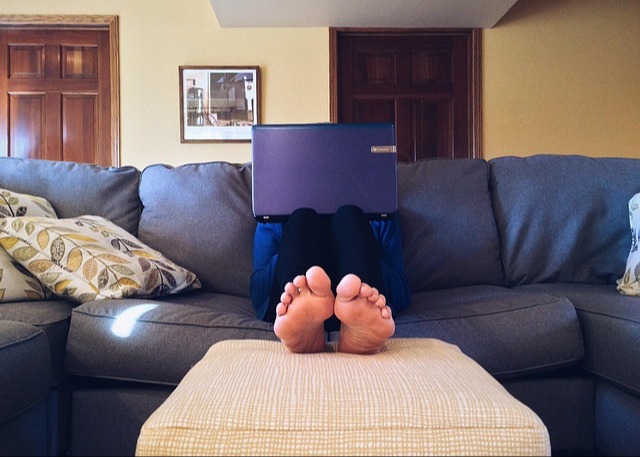If you're struggling to catch those precious Z's because of noisy neighbors, snoring partners, or just the general hum of city life, earplugs might be your new best friend. But not all earplugs are created equal—some are flimsy, uncomfortable, or just plain ineffective. That's why we've rounded up the top doctor-approved earplugs that actually work, so you can finally get the deep, uninterrupted sleep you deserve.
Why Earplugs Matter for Sleep Quality
You might think earplugs are just for blocking out occasional noise, but they play a much bigger role in sleep hygiene. Chronic noise exposure—even at low levels—can disrupt your sleep cycles, leading to fatigue, irritability, and long-term health issues like high blood pressure. The right earplugs create a sound barrier that lets your brain relax into deep sleep without constant interruptions. Doctors recommend them not just for light sleepers but for anyone living in noisy environments, from urban apartments to households with early risers or late-night TV watchers.
Foam Earplugs: The Classic Choice
Foam earplugs are the OGs of noise reduction, and for good reason. They're affordable, easy to find at any drugstore, and can block up to 32 decibels of sound when inserted properly. Brands like Mack's Ultra Soft are frequently recommended by ENT specialists because they mold to your ear canal without causing pressure points. The trick is to roll them between your fingers before inserting, letting them expand slowly for a custom fit. While foam earplugs aren’t the most durable (they lose effectiveness after a few uses), they’re perfect for travel or occasional use.
Silicone Earplugs: Comfort Meets Reusability
If you’re tired of replacing foam earplugs every few nights, silicone options like the Bose Sleepbuds II (yes, they count!) or the reusable Hearos Xtreme offer a step up in comfort and longevity. Silicone earplugs sit at the entrance of the ear canal rather than inside it, making them ideal for side sleepers who find foam uncomfortable. Many models are washable and designed to last months, with noise reduction ratings (NRR) between 25–30 decibels. Some even come with subtle white noise or ambient sound features to mask disruptive noises like traffic or barking dogs.
Custom-Molded Earplugs: The Luxury Option
For those who want the gold standard, custom-molded earplugs are worth the investment. Audiologists create these using impressions of your ear canals, ensuring a perfect seal and maximum noise blocking (up to 35 decibels). Brands like Westone and ACS Custom are favorites among musicians and shift workers who need absolute silence during daytime sleep. While the price tag is higher ($100–$200), these earplugs can last years and often come with replaceable filters to adjust noise reduction levels. Bonus: They’re so comfortable you’ll forget you’re wearing them.
Specialty Earplugs for Unique Needs
Not all earplugs are designed for general noise—some target specific disruptions. For example, the Flare Audio Calmer reduces low-frequency sounds (think snoring or AC units) without making you feel "plugged up." Meanwhile, the Loop Quiet earplugs use a unique acoustic channel to dampen noise while still letting you hear alarms or a crying baby. If you’re a swimmer prone to ear infections, Doc’s Proplugs allow airflow while keeping water out, making them a dual-purpose sleep aid for beach vacations.
How to Choose the Right Pair for You
Picking earplugs isn’t one-size-fits-all. Consider your sleep position (side sleepers need low-profile designs), noise sensitivity (higher NRR for urban areas), and whether you prefer disposable or reusable options. If you have earwax buildup or sensitive skin, hypoallergenic materials like medical-grade silicone are a must. And don’t overlook comfort—try a few styles to see what feels best over 8+ hours. Pro tip: Keep a spare pair in your nightstand drawer for unexpected noise emergencies.
With the right earplugs, you can transform your sleep from restless to restorative. Whether you opt for budget-friendly foam or splurge on custom molds, the key is consistency—wearing them nightly trains your brain to associate them with sleep. Sweet dreams (finally) ahead!
